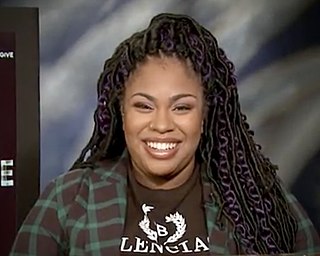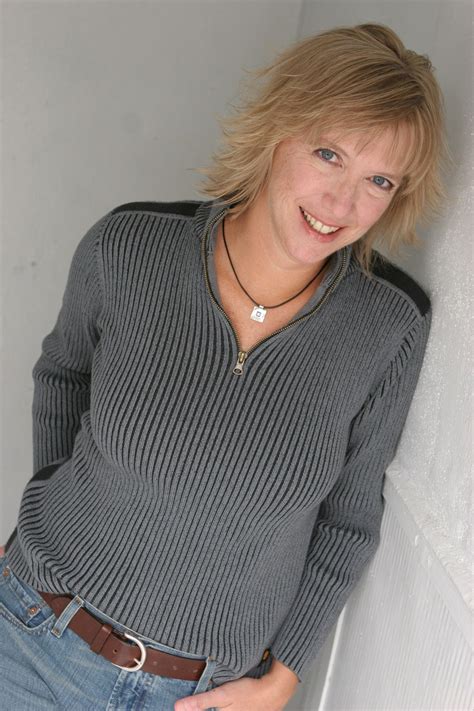A Quote by Julia Quinn
I have a lot of teenage readers and readers in their early twenties. My writing style appeals to them. And if they look at my picture on the back of the book, they don't see someone who looks like their mother.
Related Quotes
A reader is entitled to believe what he or she believes is consonant with the facts of the book. It is not unusual that readers take away something that is spiritually at variance from what I myself experienced. That's not to say readers make up the book they want. We all have to agree on the facts. But readers bring their histories and all sets of longings. A book will pluck the strings of those longings differently among different readers.
People are used to streaming and binge-watching. When they see an author they like, if there's only one book, even if they like the book, they're going to forget about you. The way to keep you in their mind and to get you to become a habit for these readers is you have to have a lot of product out there for them to read.
I seem to have three categories of readers. The first is nonbelievers who are glad that I am reading the Bible so they don't have to bother. The second group, which is quite large, is very Biblically literate Jews. And the third, which is also very large, is Christians, most of them evangelical. The evangelical readers and the Jewish readers have generally been very encouraging, because they appreciate someone taking the book they love so seriously, and actually reading it and grappling with it.
My books are based on the "what if" principle. "What if you became invisible?" or "What if you did change into your mother for one day?" I then take it from there. Each book takes several months in the long process of writing, rewriting, writing, rewriting, and each has its own set of problems. The one thing I dislike about the writing process is the sometimes-loneliness of it all. Readers only get to see the glamour part of a bound book, not some of the agonizing moments one has while constructing it.
The less you offer, the more readers are forced to bring the world to life with their own visual imaginings. I personally hate an illustration of a character on a jacket of a book. I never want to have someone show me what the character really looks like - or what some artist has decided the character really looks like - because it always looks wrong to me. I realize that I prefer to kind of meet the text halfway and offer a lot of visual collaborations from my own imaginative response to the sentences.
I'm a fan of meeting readers face to face, at reader events, where we're able to sit down and take some time to talk. Too often, at regular book signings, I meet readers who have traveled six or eight hours to see me, and I'm unable to spend more than a few short minutes chatting with them as I sign books.

































